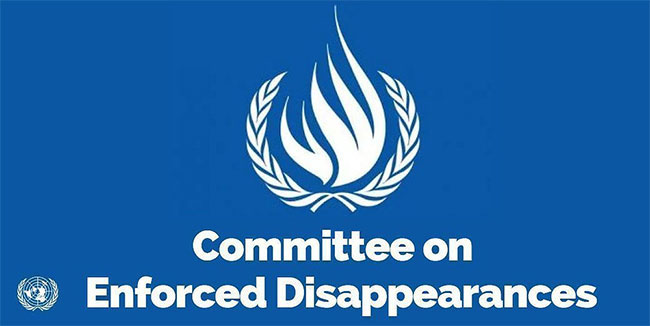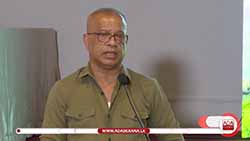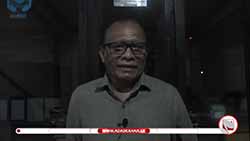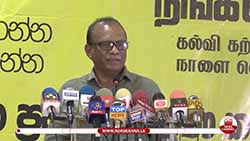UN Committee expresses concern over Sri Lanka’s lack of progress in addressing cases of enforced disappearances
October 8, 2025 12:21 pm
The United Nations Committee on Enforced Disappearances (UNCED) has expressed concerns over Sri Lanka’s purported lack of progress in addressing cases of enforced disappearances, including the performance of the Office on Missing Persons (OMP), which has traced only a few of the nearly 17,000 cases it has received.
In a report issued yesterday (07), the United Nations Committee on Enforced Disappearances noted the “high level of impunity reflected in the lack of progress in the investigation and prosecution of alleged enforced disappearances”.
The UNCED report comes a day after the UN Human Rights Council (UNHRC) adopted a resolution extending the mandate of the Office of the High Commissioner for Human Rights (OHCHR) on Sri Lanka for two more years.
The UNCED report also pointed out that of the 16,966 cases received by the OMP, only 23 had been traced so far, raising questions about the effectiveness of the institution established to address long-standing demands for truth and justice by families of the disappeared.
The Committee urged the OMP to consolidate a comprehensive and updated register of all cases of disappearances, actively search for missing persons, and ensure accountability by investigating and prosecuting those responsible.
It also expressed concern over the accidental discovery of at least 17 mass graves across the island nation.
The UNCED criticised the limited forensic capacity of Sri Lankan authorities and the absence of centralised ante-mortem and post-mortem databases, including a national genetic database.
It urged the Sri Lankan government to strengthen the capacity of relevant national institutions to locate and identify mass graves, conduct exhumations, and develop a comprehensive strategy for the search, identification, excavation, and investigation of such burial sites.
In recent years, the UNHRC has repeatedly flagged concerns about Sri Lanka’s progress on transitional justice mechanisms, including enforced disappearances, prosecutions, and institutional reforms.












